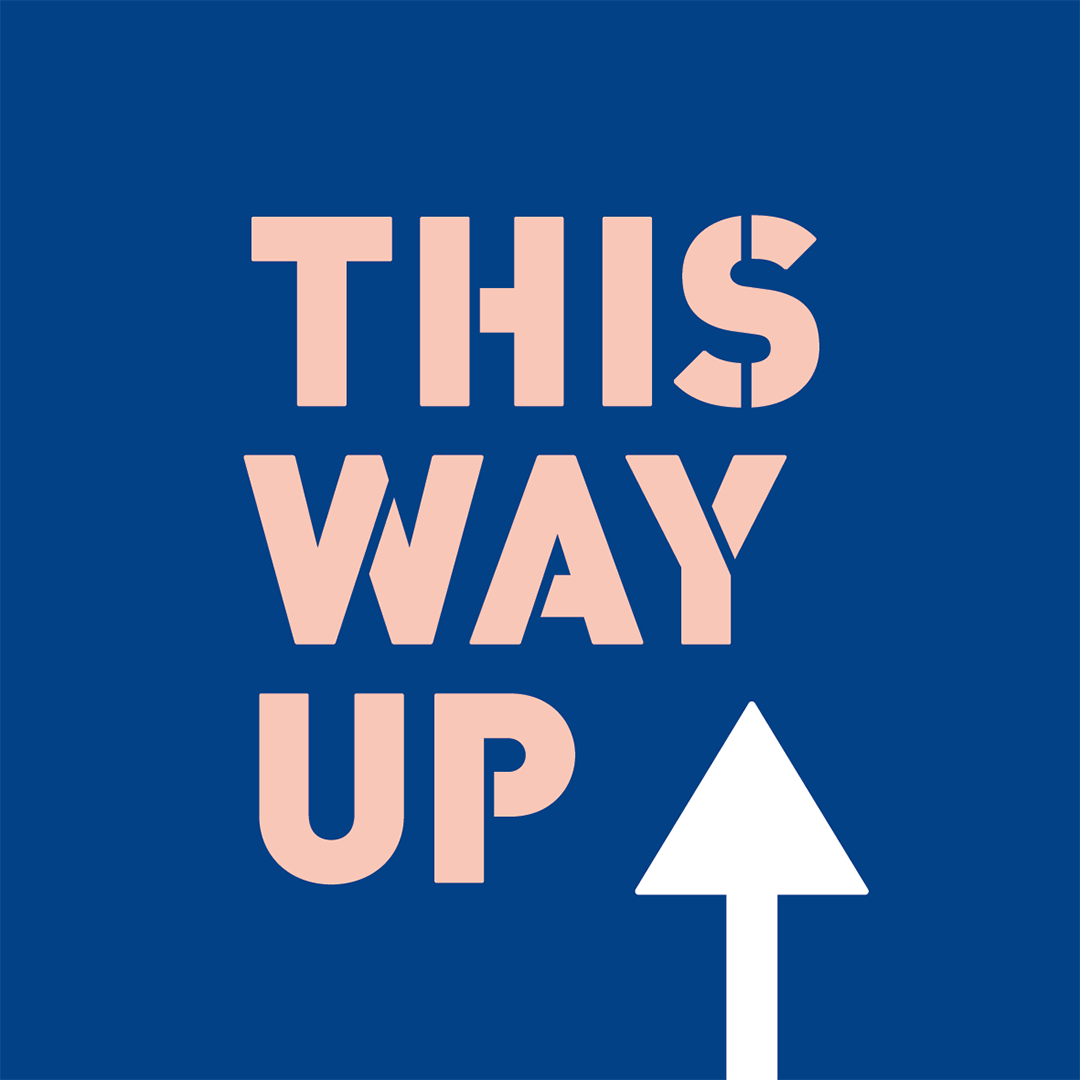TWU17: Themes
Conference themes, thoughts and talking points
The 2017 edition of the conference will discuss key questions, setting debate and practical sessions against a backdrop of over-arching themes, outlined below:
THE POWER OF CULTURE
This year’s framing for the conference, in what feels like a period of increasingly dramatic and rapid change; in the film industry, in the country and across the world, where we’ve seen seismic shifts in politics, culture, society and business. The power of culture is colossal, its ability to be transformative, to inspire individuals and connect communities is essential. Held at the end of a hugely transformative year of cultural celebration in Hull, TWU will also examine the practical and wider potential for cultural activity to transform, renew, shape and even displace.
TECHNOLOGICAL CHANGE
A running theme since 2014, the conference will once again examine disruptive influences affecting the sector, new forms of exhibition and ways independents can capitalise on ever-increasing digitisation and accessible tech. New techno-industrial giants, such as Uber, Netflix and Airbnb, have developed so fast we’ve yet to fully understand their impact. How do we harness new technologies for good, and how do we use design-led thinking and embrace ‘disruptive innovation’ to suit our needs and those of our audiences? Delegates can expect practical demonstrations and the exploration of future trends.
ETHICS AND RESILIENCE
In the tumultuous 12 months since TWU16, TWU17 will ask where cultural organisation’s responsibilities lie in representation, programming, and inclusivity? With increasing pressure on arts to be ‘sustainable’ how do we preserve cultural values from the erosion of commercial pressure? How do we make the case for organisations to take risks, to ‘fail forward’ and to try new ideas? Whether it’s the chronic under-representation of women in the sector, or the #OscarsSoWhite movement, there is still a long way to go when it comes to the morals and ethics of our own industry.
PLACES, SPACES AND GLOBAL COMMUNITY
Cinema is at its heart a collective experience, and one of the art forms with the widest reach. As content proliferates across smaller and ever more portable devices, how does urban infrastructure make space for culture, and places that people can come together? Is there opportunity in digital space and how can we work with collective digitisation to create meaningful, communal experiences? Is a space made up of the people who inhabit it, or do we need to reinvest in capital to ensure future generations connect with culture?

